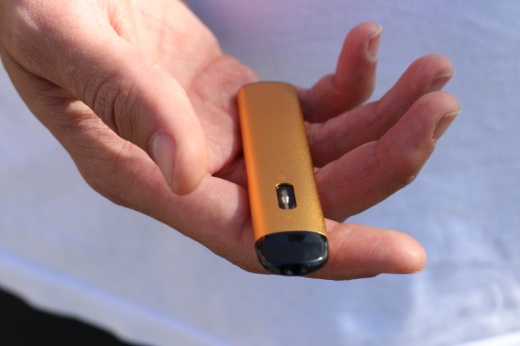House Bill 114 increases penalties for vaping and reduces them for students caught with THC. The bill became law Sept. 1 and impacts all public schools.
Breaking down the bill
Students will be sent to their district’s disciplinary alternative education program, or DAEP, for possessing or giving other students electronic cigarettes, marijuana or THC on campus, near school property or at school events.
Previously, students could be sent to county programs for vapes and were expelled for THC.
The bill does not specify how long students must attend DAEPs, allowing districts to make their own rules. If a district’s program is at capacity, students can be placed in an in-school suspension instead.
Districts can but are not required to have students complete drug and alcohol support programs as part of their disciplinary plan.
What they’re saying
“I think we need to discourage kids from using these vape pens, period,” Rep. Ed Thompson, R-Pearland, told Community Impact. “These kids are old enough to understand the consequences.”
Thompson, who authored the bill, said it is meant to give school districts more flexibility with how they discipline students caught with vapes.
Jennifer Steele, the associate director of youth and community initiatives for the Texas School Safety Center, said parents should start talking to their children about vaping “as early as possible,” because some students begin seeing and using e-cigarettes as early as elementary school.
“Don’t be scared that you’re introducing something they don’t already know about,” Steele said. “Because chances are, they do.”
Students, parents and educators can find tobacco use prevention and education resources here. The “Say What” Program, through the Texas School Safety Center, provides youth-centered information about the dangers of tobacco products.
By the numbers
Over 2.5 million U.S. middle and high school students reported using e-cigarettes in 2022, according to the National Youth Tobacco Survey.
Of those students, more than 1 in 4 used e-cigarettes daily.





